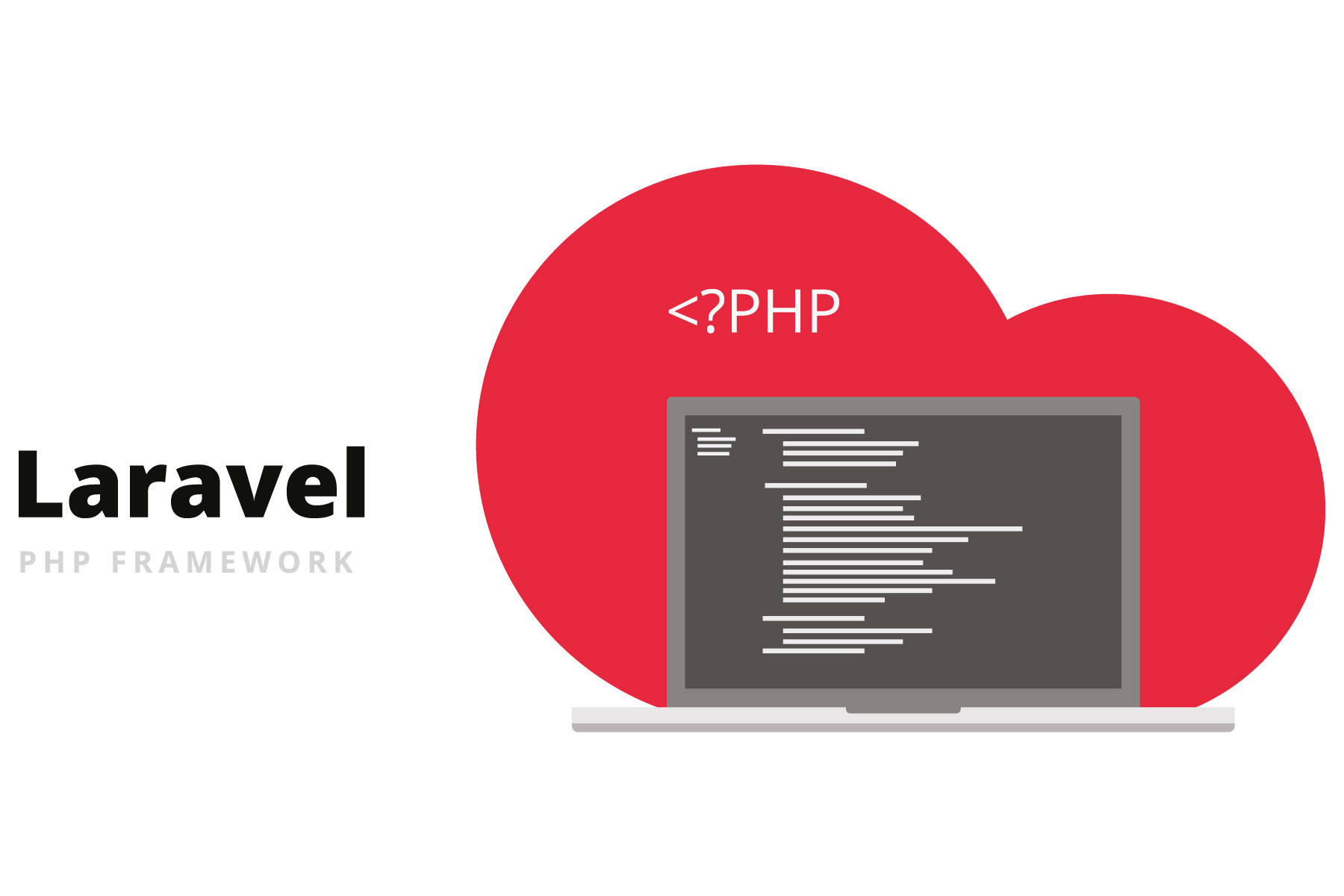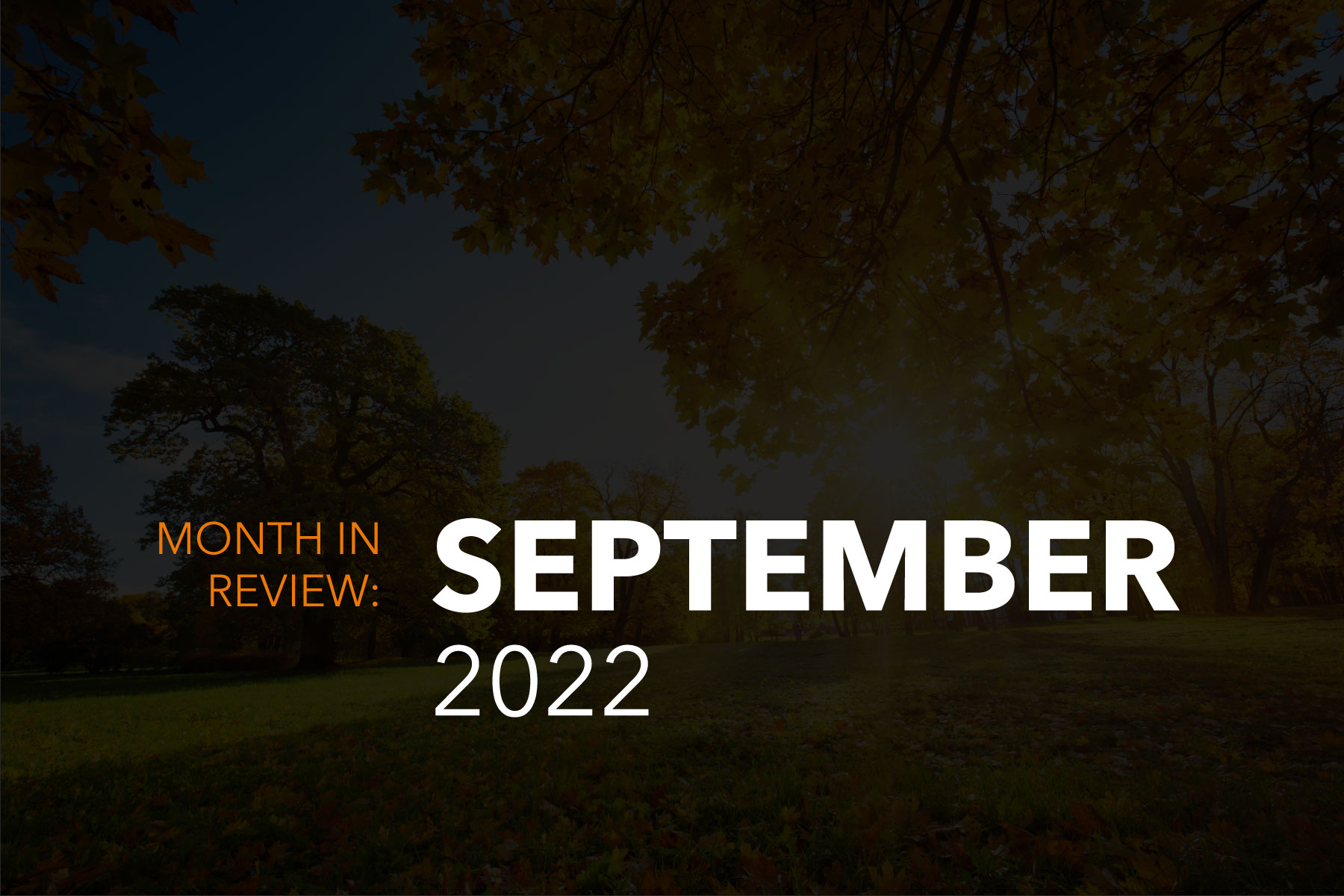Rolling into the e-commerce season with a bang!

Wayne
Blink and you’ll miss it!We’re hurtling towards the end of the year amid conversations around how fast the months are passing by.
In our very first team meeting of September I mentioned that the e-commerce season is coming, as businesses look to get their websites ready for the busy shopping period at the end of the year. Lo and behold, our first e-commerce enquiry of autumn landed that very afternoon!
A local business was looking to update its website and it’s fair to say it was well overdue. It raises the importance of keeping websites up-to-date, as this particular website was running on a decade old CMS and PHP 5.4, a version that hadn’t been supported for over 7 years. This successful business, unbeknown to them, was running a website that hadn’t been maintained and was open to vulnerabilities. As a result, we had a new, secure website up and running within a few days.

It leads me on to the order of the day and very much the focus of our developers at the moment, which is updating websites to PHP version 8.X, as PHP 7.4 will reach its end of life in November.
Maintaining a secure website is as important as ever, especially in a time when GDPR dictates that businesses must handle customer data responsibly.
Here’s a few best practices to follow:
- Make sure your website serves over HTTPS, using a valid SSL certificate. This also helps encrypt data sent in contact form enquiries.
- Ensure your emails are sent and received over a secure port.
- Check your CMS is running on the latest secure version.
- If you use third-party plugins, make sure they are on the latest version, and read reviews and research the developer if you don’t know who they are.
- Don’t store customer payment details anywhere; use trusted payment gateways such as Stripe and PayPal.
- Use a strong password and don’t share it with anyone.
- Change your website admin URL to something unique and less common.

Andrew
Exploring LaravelI had a good start on my first Laravel project, building the application from scratch. From this, I discovered the incredible power of the Laravel Eloquent model that makes database relationships much easier to use and understand. Even the tricky many-to-many relationships became a breeze.
Laravel is a PHP web application framework that makes development much easier – and quicker – by easing common tasks found in most web applications. The real kicker is it does all this without sacrificing any functionality!

My apprenticeship has provided me with more useful tools this month. I have gained more knowledge into design documents such as the technical design document and I have become more familiar with diagrams such as unified modeling language (UML) class and data flow. These are great for planning and sharing ideas for how a new application would function.
All in all a good month and I’m looking forward to applying what I’ve learned.




